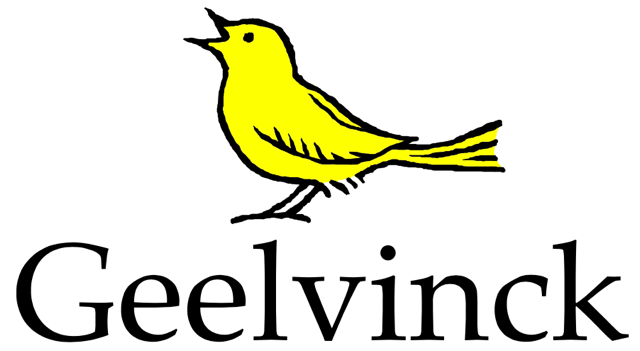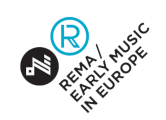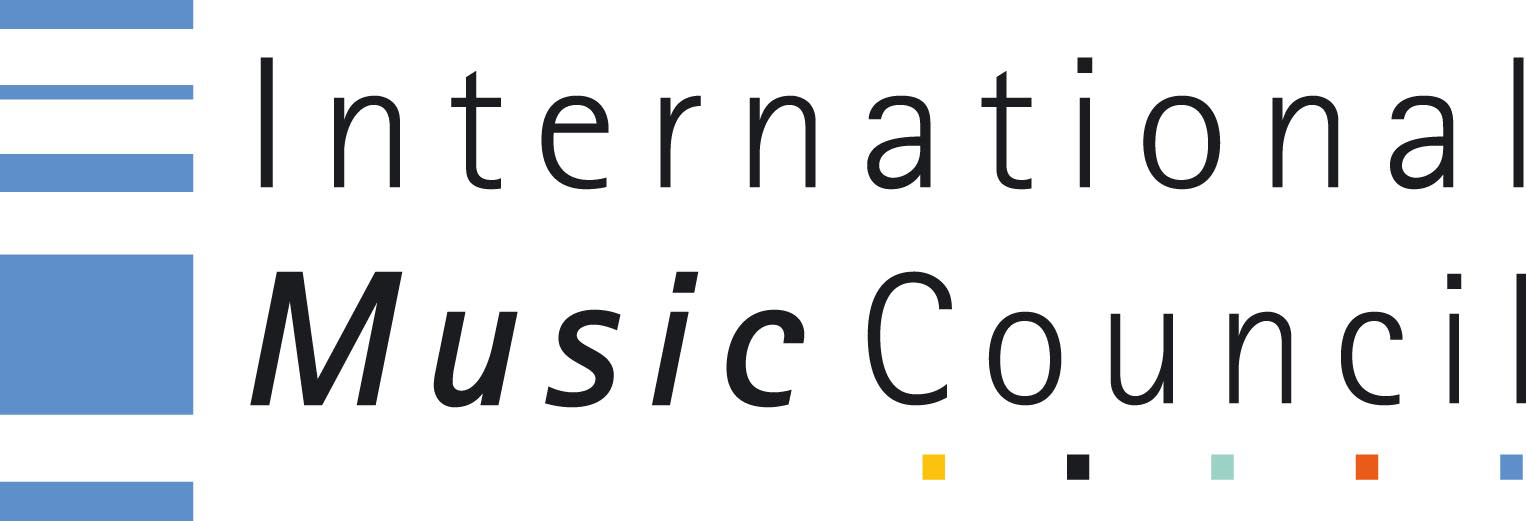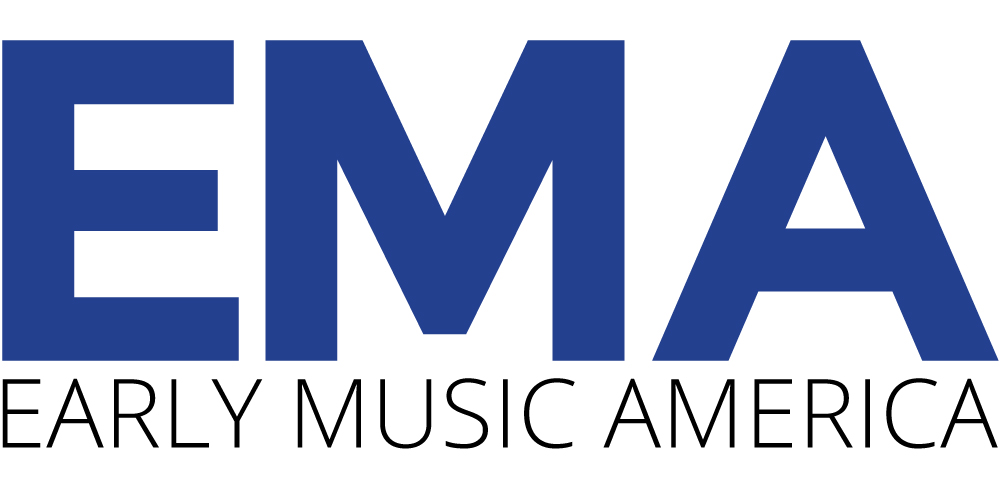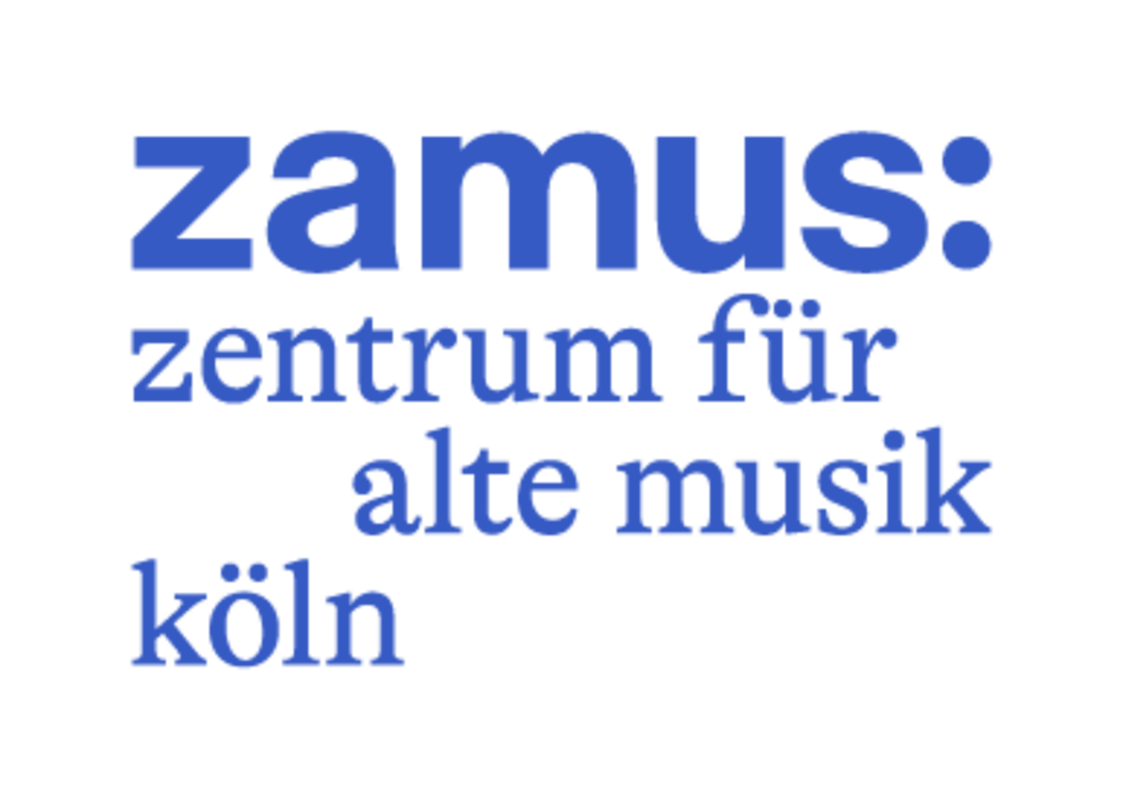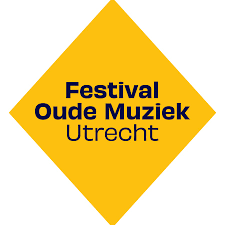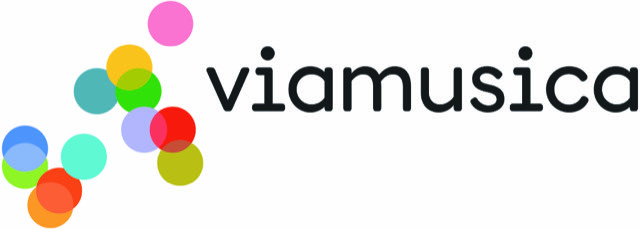Stichting Museum Geelvinck (Initiator)
Our organisation dates back to the late eighties of last century. Our name derives from the Geelvinck Hinlopen House, a grand 17th century canal mansion within the UNESCO World Heritage Canal District in the historic inner city of Amsterdam, were our organisation was located for a quarter of a century. Today, we have two modest venues: one in Amsterdam and one at Kolthoorn House & Gardens in the beautifully forested countryside of the North-Veluwe.
Started as a historic house museum, since 2004 our organisation developed concert series in the realm of HIP classical and early music, next to projects with traditional non-Western music, both at our own venues, as well as at other venues all over the Netherlands. The museum stewards a collection of over 450 historic complex, semi-immobile keyboard musical instruments; mostly fortepianos (squares, grands and other) from the late 18th through 19th centuries and harmoniums from the 19th through early 20th centuries. This includes the collection of the former Sweelinck Museum, once part of the ‘Sweelinck’ Conservatorium of Amsterdam, and the Harmonium Museum Nederland, as well as instruments from the former Finchcocks and Colt Collections. We collaborate with the Conservatorium of Amsterdam, as well with other stakeholders in the area of music and heritage. We are institutional members of REMA – European Early Music Network, ICOM Music (CIMCIM), ICLCM and DemHist, Europa Nostra and Interpret Europe. In addition, we active in several heritage networks, including especially ICOMOS.
a LIVEMX Project
Supported by Music Moves Europe, LIVEMX aims to nurture a more diverse and sustainable music sector through dedicated funding designed to answer the very specific needs of the European music ecosystem. The objective of this project is to help the sector develop and strengthen its skills, abilities, processes and resources to adapt and thrive in such a dynamic industry.
